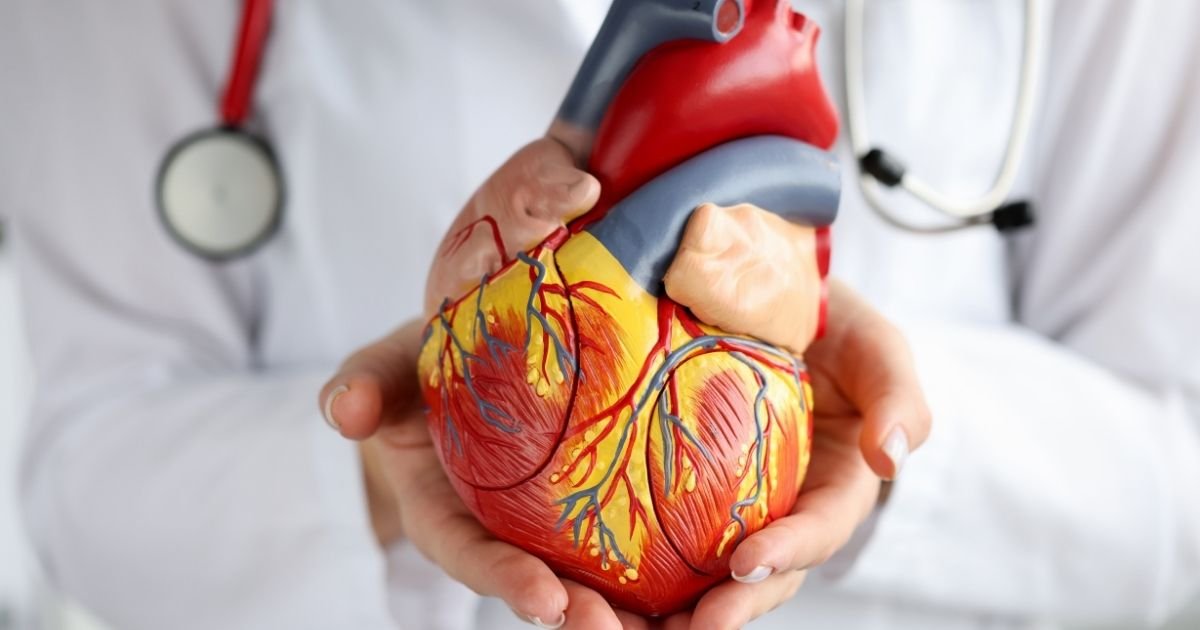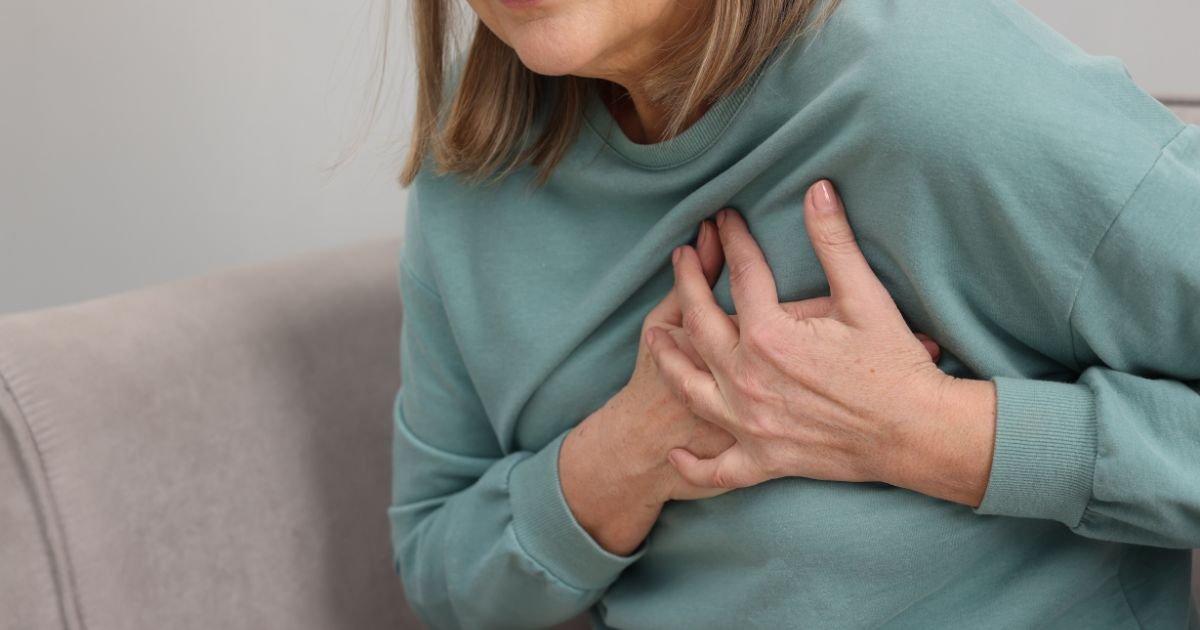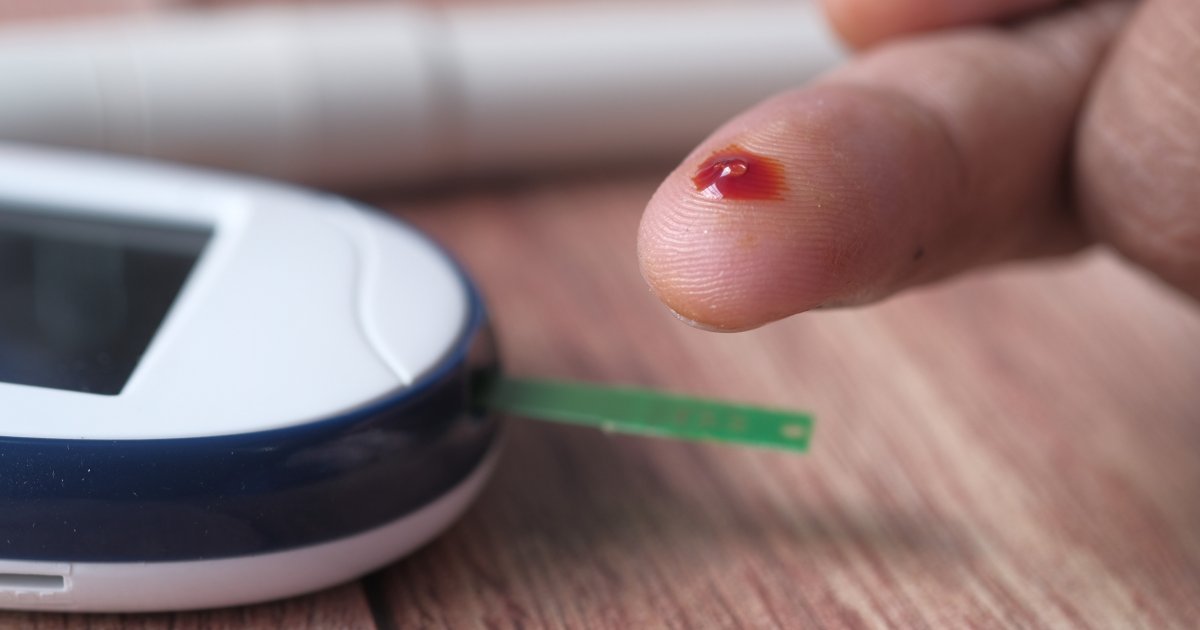Cardiac arrhythmias are disturbances in the normal rhythm of the heart. They may present as very fast, very slow or irregular heartbeats. One of the most frequent and relevant is the atrial fibrillationwhich increases the risk of stroke by up to five times. In this article you will learn how to identify them, their main causes, and the treatment options available at Puerto Vallarta.
What is a cardiac arrhythmia?
An arrhythmia is any change in the sequence of heartbeats that causes the heart to beat too fast (tachycardia), too slow (bradycardia) or irregularly shaped.
The heart has an internal electrical system that coordinates its contractions. When this system is disturbed, abnormal rhythms appear, which may be temporary or persistent.
Atrial fibrillation: the most common arrhythmia
Atrial fibrillation occurs when the atria (upper chambers of the heart) beat in a rapid and disorganized manner, preventing efficient contraction. This can cause blood to pool and form clots, which when dislodged may travel to the brain and cause a stroke.
Causes and risk factors
Arrhythmias and atrial fibrillation may be related to:
- Uncontrolled arterial hypertension.
- Coronary artery disease or previous infarction.
- Heart valve problems.
- Hyperthyroidism.
- Excessive consumption of alcohol or caffeine.
- Sleep apnea.
- Family history of arrhythmias.
Warning symptoms
Some arrhythmias do not produce symptoms and are detected in a cardiological checkup. When they appear, they may include:
- Palpitations or "fluttering" sensation in the chest.
- Shortness of breath on exertion or at rest.
- Dizziness or fainting sensation.
- Unusual fatigue.
- Chest pain or tightness.
If you experience these symptoms, seek medical attention immediately.
Diagnosis
The diagnosis is made with:
- Electrocardiogram (ECG): detects the type of abnormal rhythm.
- Holter 24-48 hours: records the electrical activity of the heart during daily life.
- Stress test: identifies exercise-induced arrhythmias.
- Echocardiogram: evaluates the structure and function of the heart.
Complications if left untreated
- Stroke (especially in atrial fibrillation).
- Heart failure.
- Sudden death in severe arrhythmias.
Treatments available
Management depends on the type and severity of the arrhythmia:
- Medications to control the frequency or restore normal rhythm.
- Anticoagulants to prevent clots in atrial fibrillation.
- Electrical cardioversion to reverse the rhythm.
- Catheter ablation to eliminate abnormal electrical sources.
- Pacemaker or defibrillator in cases of slow or dangerous rhythms.
At Puerto VallartaOur clinic offers diagnosis with ECG and Holter, and treatment plans tailored to each patient. For cases requiring advanced procedures, we coordinate care with specialized referral centers.
Prevention and self-care
- Control blood pressure and cholesterol.
- Reduce alcohol and caffeine consumption.
- Maintain a healthy weight.
- Sleep well and treat sleep apnea.
- Perform moderate and regular physical activity.
- Follow the treatments indicated by the cardiologist.
📅 Schedule your cardiac evaluation in Puerto Vallarta and get an accurate diagnosis of your heart rhythm.
Make your appointment now
References
- American Heart Association - Atrial Fibrillation
- European Society of Cardiology - Guidelines for Atrial Fibrillation
- MedlinePlus - Cardiac Arrhythmias
Legal note: This content is informative and does not replace medical consultation. If you have any doubts about your cardiovascular health, consult a specialist.



